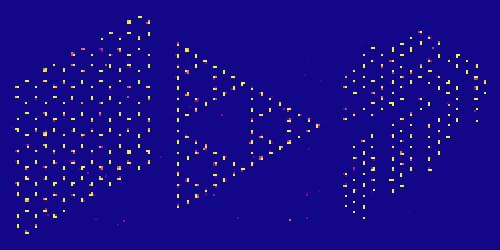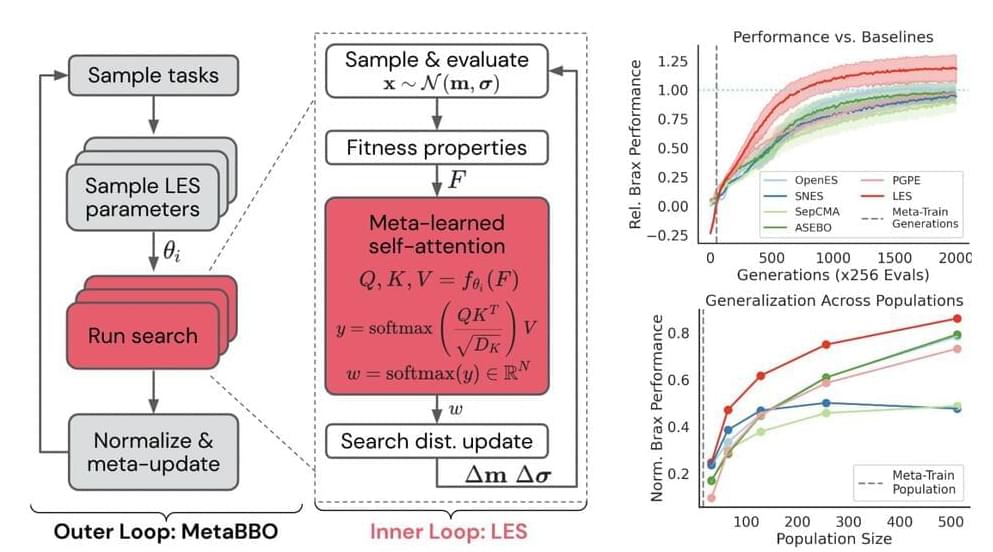A quantum computer in the next decade could crack the encryption our society relies on using Shor’s Algorithm. Head to https://brilliant.org/veritasium to start your free 30-day trial, and the first 200 people get 20% off an annual premium subscription.
▀▀▀
A huge thank you to those who helped us understand this complex field and ensure we told this story accurately — Dr. Lorenz Panny, Prof. Serge Fehr, Dr. Dustin Moody, Prof. Benne de Weger, Prof. Tanja Lange, PhD candidate Jelle Vos, Gorjan Alagic, and Jack Hidary.
A huge thanks to those who helped us with the math behind Shor’s algorithm — Prof. David Elkouss, Javier Pagan Lacambra, Marc Serra Peralta, and Daniel Bedialauneta Rodriguez.
▀▀▀
References:
Joseph, D., et al. (2022). Transitioning organizations to post-quantum cryptography. Nature, 605(7909), 237–243. — https://ve42.co/Joseph2022
Bernstein, D. J., & Lange, T. (2017). Post-quantum cryptography. Nature, 549(7671), 188–194. — https://ve42.co/Bernstein2017
An Insight, An Idea with Sundar Pichai — Quantum Computing, Wold Economic Forum via YouTube — https://ve42.co/QCWEFyt.

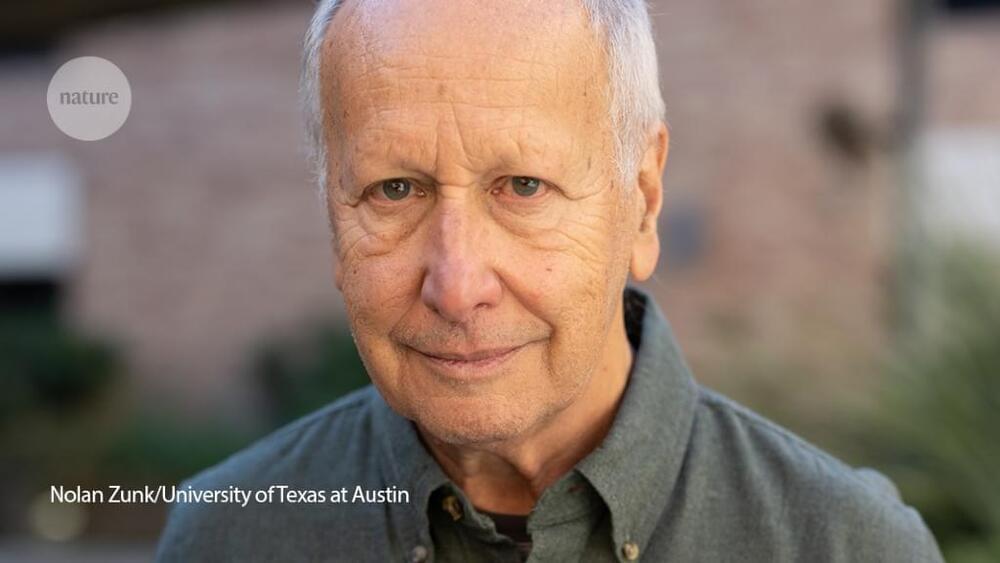
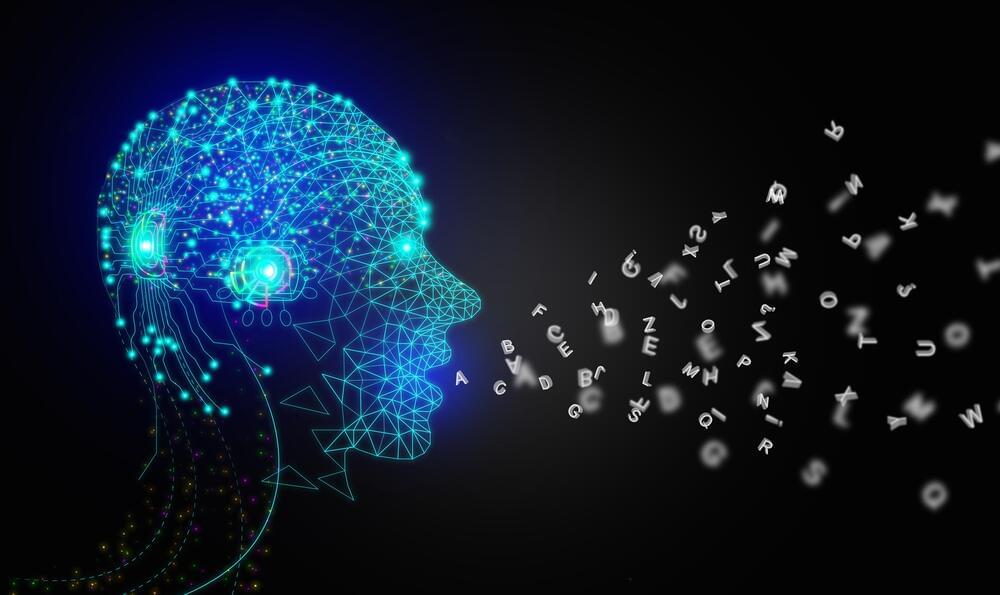
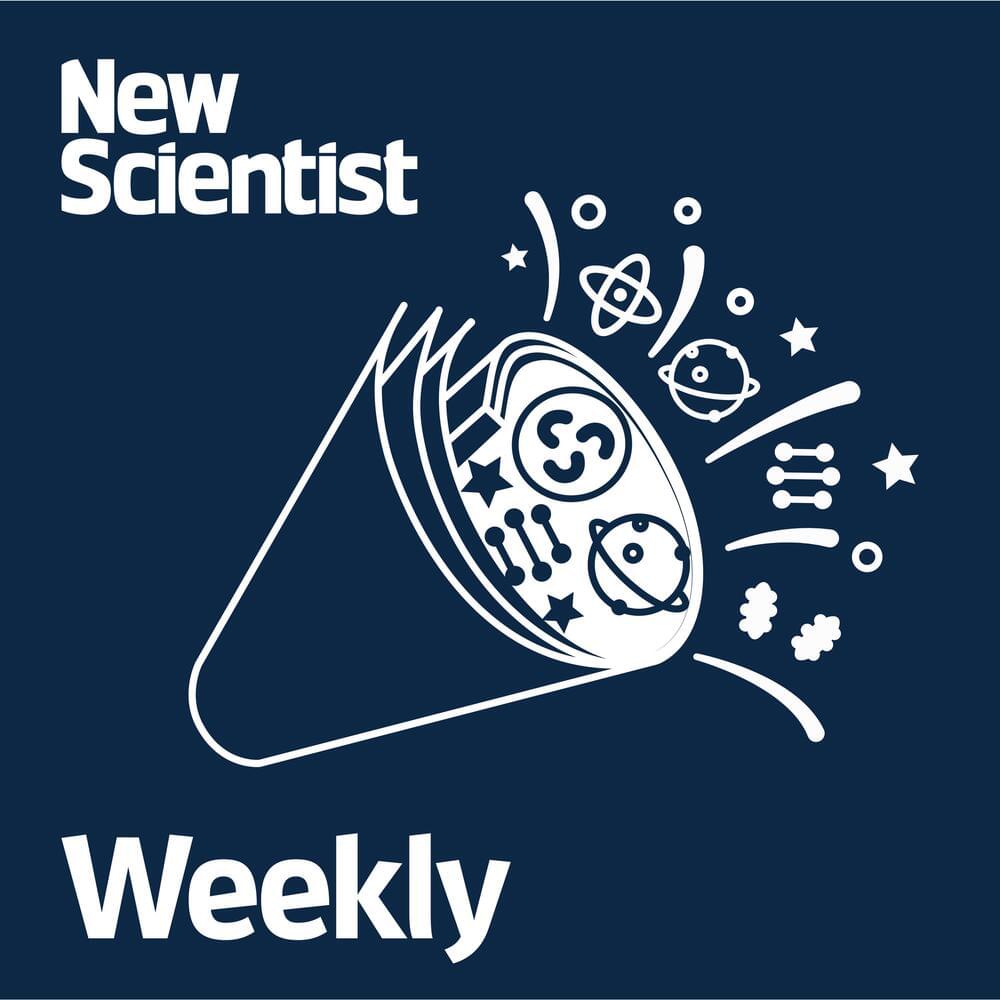
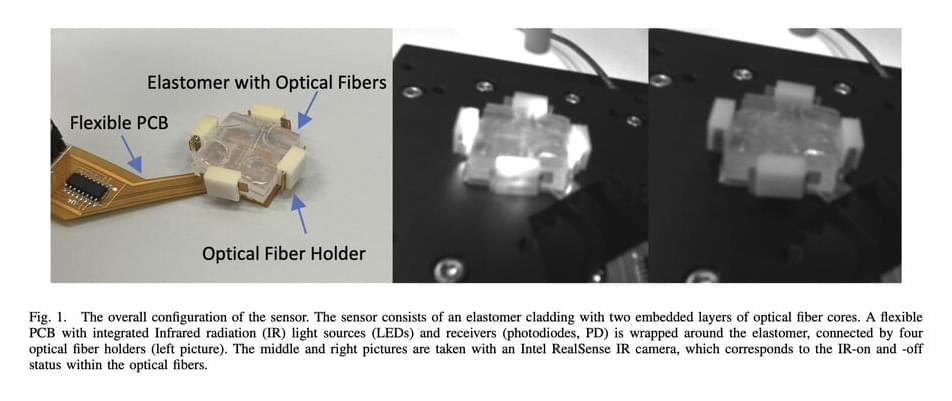

 עברית (Hebrew)
עברית (Hebrew)